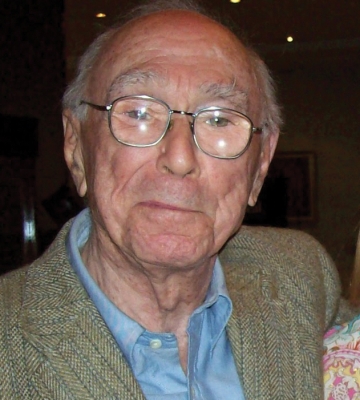Jerome Bruner's Discovery Learning

Discovery Learning, Jerome Bruner
One of the epistemological principles of educommunication is the investigative search by which knowledge is built together, relationships with the other are strengthened and commitment is generated for what is being built, from this approach, dialogue with discovery learning It arises from the need to progressively promote the education-communication interface, as a process where the student learns to learn, observes, compares, builds, dialogues, investigates, and accompanies them in this process.
“Discovery learning is a basic expression in Bruner's theory that denotes the importance it attaches to action in learning. The resolution of problems will depend on how they are presented in a specific situation, since they must pose a challenge, a challenge that encourages their resolution and encourages the transfer of learning ”11
11 Urbina Ramírez, S. Informática y Teories of Learning https://idus.us.es/xmlui/bitstream/handle/11441/45480/file_1.pdf?sequence=1&isAllowed=y
TEXTS:
This work highlights two periods in the life and work of the American psychologist Jerome S. Bruner. The first one coincides with the stay at Harvard (1945-1972) and, what we could call the “stage of the cognitive revolution”, and a second with the teaching carried out at Oxford (1972-1979), which leads to the current moment at the School of New York Law. It is what we call “stage of the cultural revolution”. In both moments of Bruner's biography, contributions that have marked a milestone in the development of Education Sciences in the 20th century and today are highlighted. The “spiral curriculum”, the “scaffolding”, the “educational reform” or the “reciprocal teaching” are notions that are described in the following article.
http://www.redalyc.org/pdf/356/35614571028.pdf
The American psychologist and pedagogue Jerome Bruner developed a constructivist theory of learning in the 1960s, known as discovery learning or heuristic learning. The main characteristic of this theory is that it promotes that the student (learner) acquires the knowledge by himself




